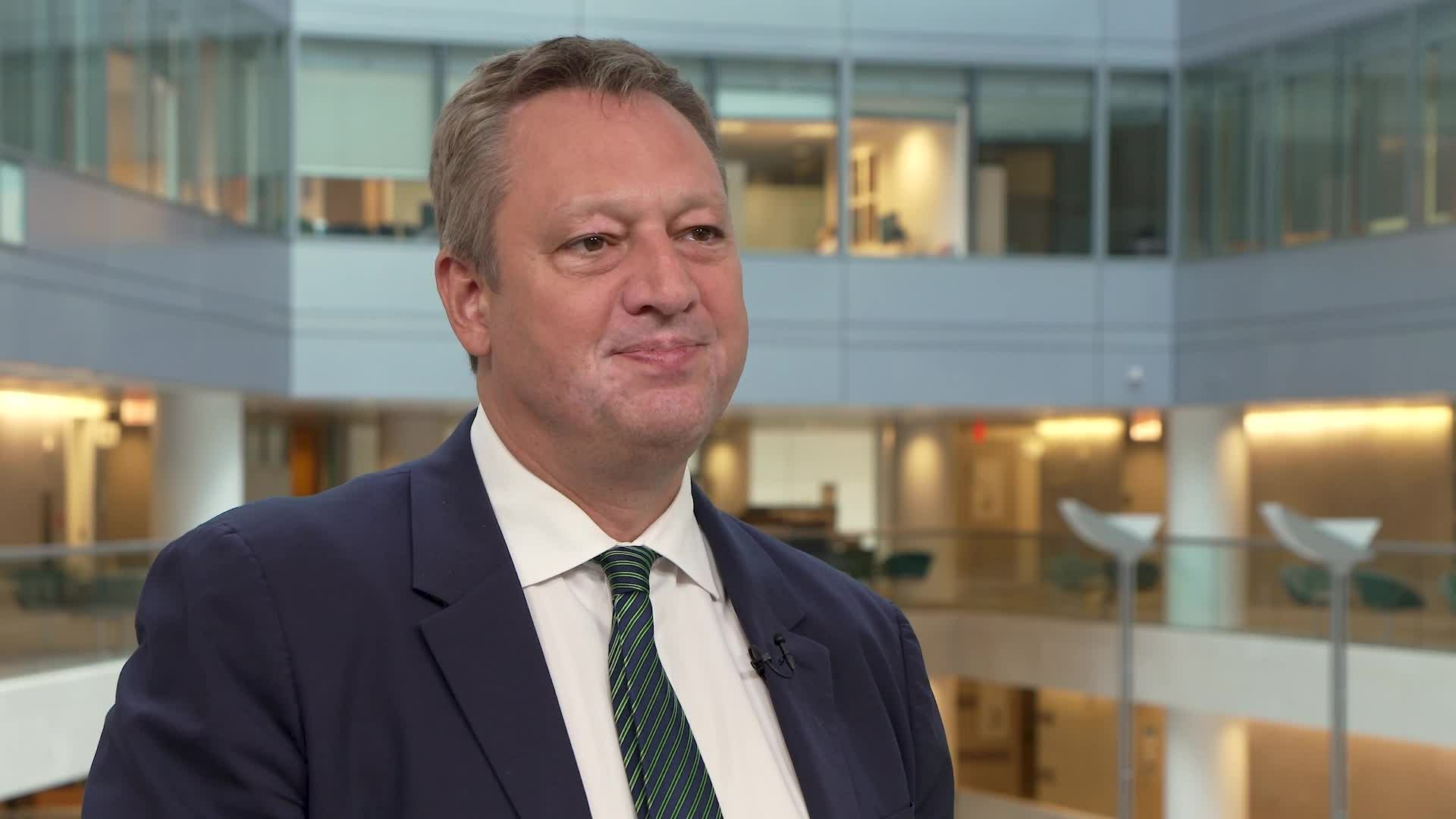A strong US economy is adding buoyancy to market sentiment, but the fight against inflation and financial risks to growth is not over yet said Tobias Adrian, head of the IMF’s Monetary and Capital Markets Department ahead of the launch of the Global Financial Stability Report (GFSR) Tuesday (October 10) in Marrakech, Morocco.
“Our latest assessment finds that, overall, financial stability risks remain fairly elevated and risks to global growth skewed to the downside. Financial conditions for advanced economies have eased despite aggressive interest rate hikes and other monetary policy tightening measures. Optimism about a moderate economic slowdown - this so-called soft landing - and avoiding recessions, has boosted investor confidence. In many advanced economies, high inflation, which is the measure that excludes food and energy prices, remains high. As rate hikes continue the capacity of borrowers to repay their debts is being stretched. The commercial real estate sector continues to face challenges with defaults on the rise. As for emerging market economies, large markets remain resilient, but the ones with weaker fundamentals continue to face challenges. Acute stress in the global banking system has subsided, but we still see weak banks in some countries. And for some of the non-bank financial institutions, the higher rates could worsen the vulnerabilities they already face,” said Adrian.
The report warns that a resumption of ‘stagflation,’ where output and investment slows while job losses and interest rates remain high could put significant pressure on the banking sector in particular.
“Our global stress test of a close to 900 banks shows that the banking system appears broadly resilient. It identifies over 60 banks with low capital levels. Together, these weak banks occupy around 5% of global bank assets. When you look at the stagflationary scenario where global output falls by 2% while unemployment rises and interest rates rise significantly, in that situation, about one fifth of banks would become weak, accounting for almost 35% of global bank assets. We therefore see an urgent need for stronger financial sector regulation and supervision,” warned Adrian.
“Central banks must remain determined in the fight against inflation until they see evidence of inflation moving sustainably towards target. The path of monetary policy should reflect the country's own specific pace of economic recovery. Advanced economy central banks may need to keep monetary policy tighter for longer, than is currently priced into markets. In emerging market economies, progress on lowering inflation appears to be more advanced, with the benefits of earlier rate hikes becoming apparent despite discrepancies across regions,” Adrian concluded saying before departing for the IMF Annual Meetings.
A copy of the full report will be available at IMF.org/GFSR at 10:30 am Moroccan time Tuesday October 10.

